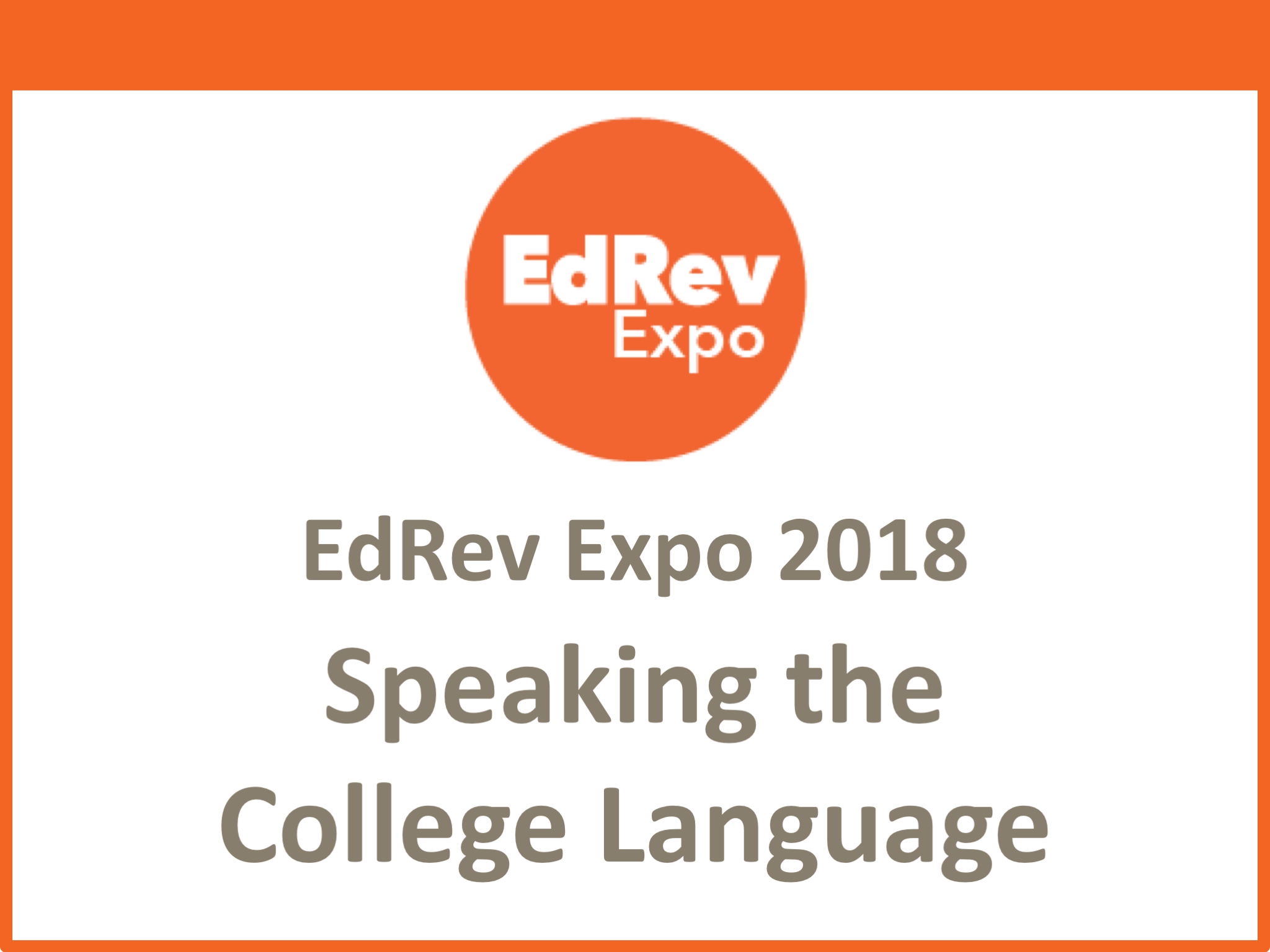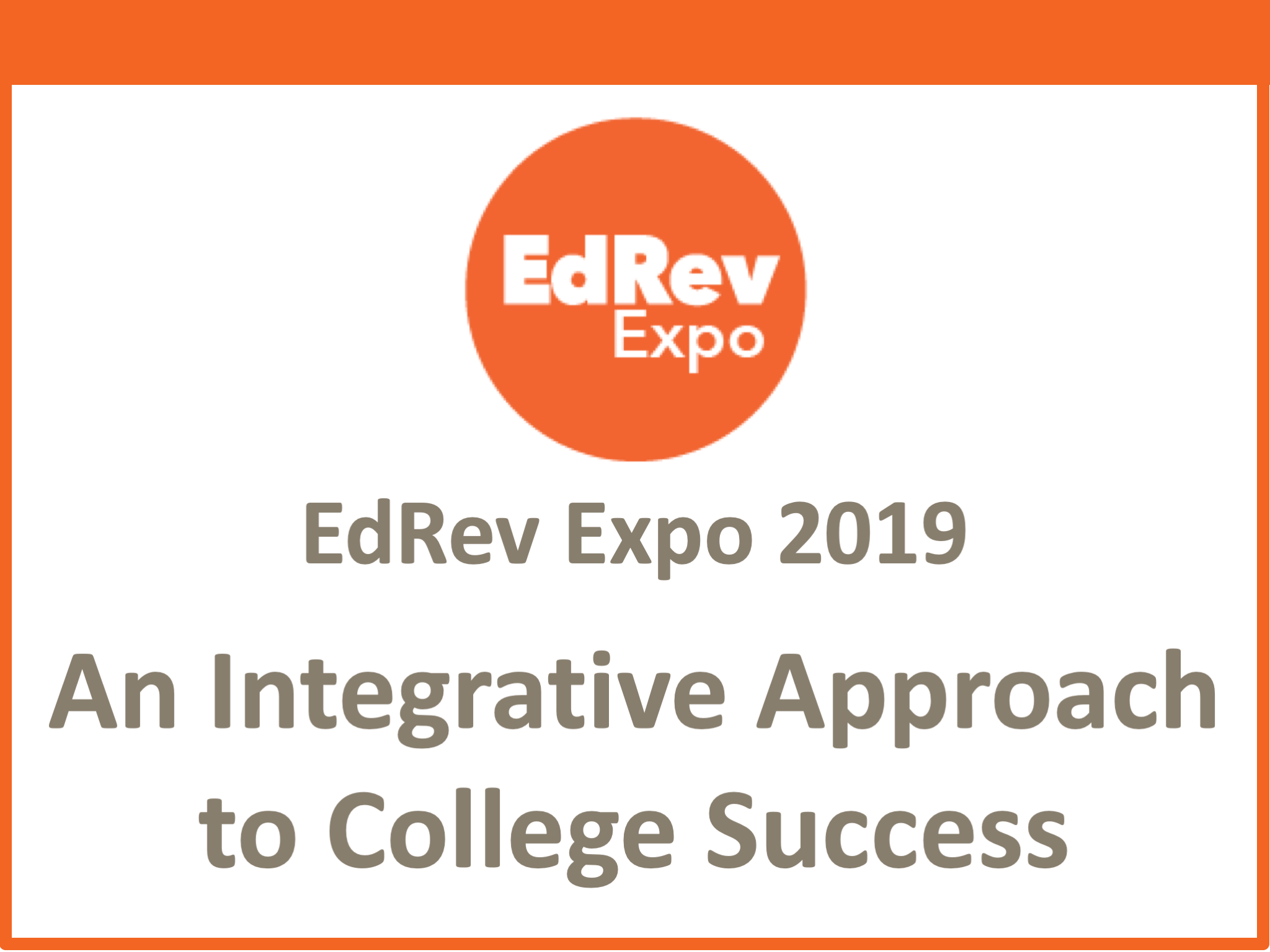 If your child has had an IEP or a 504 plan in high school, you’ve been able to play a role in the process. You’ve had access to the people who are providing supports and services. And you’ve been able to monitor how well those supports are being implemented. College is a different story — starting with the fact that there are no IEPs or special education in college. Still, almost all colleges have a disability services office for students with learning and thinking differences.
If your child has had an IEP or a 504 plan in high school, you’ve been able to play a role in the process. You’ve had access to the people who are providing supports and services. And you’ve been able to monitor how well those supports are being implemented. College is a different story — starting with the fact that there are no IEPs or special education in college. Still, almost all colleges have a disability services office for students with learning and thinking differences.
Here are seven things to know about college disability services, and how they differ from high school.
1. Colleges don’t have the same legal obligations as high schools.
Colleges don’t fall under the the Individuals with Disabilities Education Act. That’s why there are no IEPs.
Colleges provide accommodations to students who are eligible under ADA. They don’t typically provide 504 plans the same way high schools do, though.
Colleges also don’t have to give students the same types of academic support they had in high school. But if students can provide evidence that they need a specific accommodation, they may be eligible to get it in college.
2. Your child must register as a student with disabilities to get accommodations.
In order to get accommodations in college, students need to register as a student with disabilities. This happens with the disability services office, not the admissions office.
Simply writing about any issues in a college application doesn’t guarantee that a student will get accommodations. Neither does providing a copy of an IEP or evaluation during the application process.
3. The requirements for documentation in college are changing.
Your child will need to provide evidence of a disability to get accommodations. Colleges have typically required the most recent high school evaluation report. But lately, some have moved away from that.
Many colleges also have a requirement for how recent the evidence must be. Often, the requirement is three years or less. But that’s also changing at some colleges.
When it comes to documentation, your child should check with the disability services office at the college.
4. There are no “case managers” in college.
Your child may have a dedicated contact person at the disability services office. That will continue for as long as your child is seeking accommodations. But this person doesn’t function in the same way as a high school case manager.
First, this person will work with your child to determine “reasonable” accommodations. These might be academic, such as the use of a note-taker for lectures. Or they might be non-academic, like having a single dorm room.
This person will write an “accommodation letter” listing the ones your child is entitled to get. The letter will be addressed to the faculty in your child’s courses for that semester.
5. Different schools offer different levels of support.
All colleges that get federal funds must ensure equal access to students with disabilities. That means they have to provide reasonable accommodations.
Accommodations aren’t the same as modifications. A student wouldn’t be allowed to bring a list of formulas into a statistics test, for instance. That would be a modification. Giving extra time for the test is an example of an accommodation.
It’s a good idea to visit with the disability services office or the person who coordinates services at the colleges your child is interested in attending. Both you and your child can ask questions about potential supports and services.
6. You’re no longer automatically in the loop.
When your child was in high school, you were legally entitled to be part of the process. That’s not true when your child is in college. The law protects your child’s privacy.
7. Colleges don’t provide evaluations for learning and thinking differences.
After high school, students have to go for a private evaluation if they want updated test results, or if they suspect they may have an undiagnosed learning or thinking difference.
Excerpted from “7 Things to Know About College Disability Services” from Understood. Read the full article on the Understood website.
Source: Understood | 7 Things to Know About College Disability Services, https://www.understood.org/articles/en/7-things-to-know-about-college-disability-services | Copyright © 2014–2021 Understood For All Inc.







